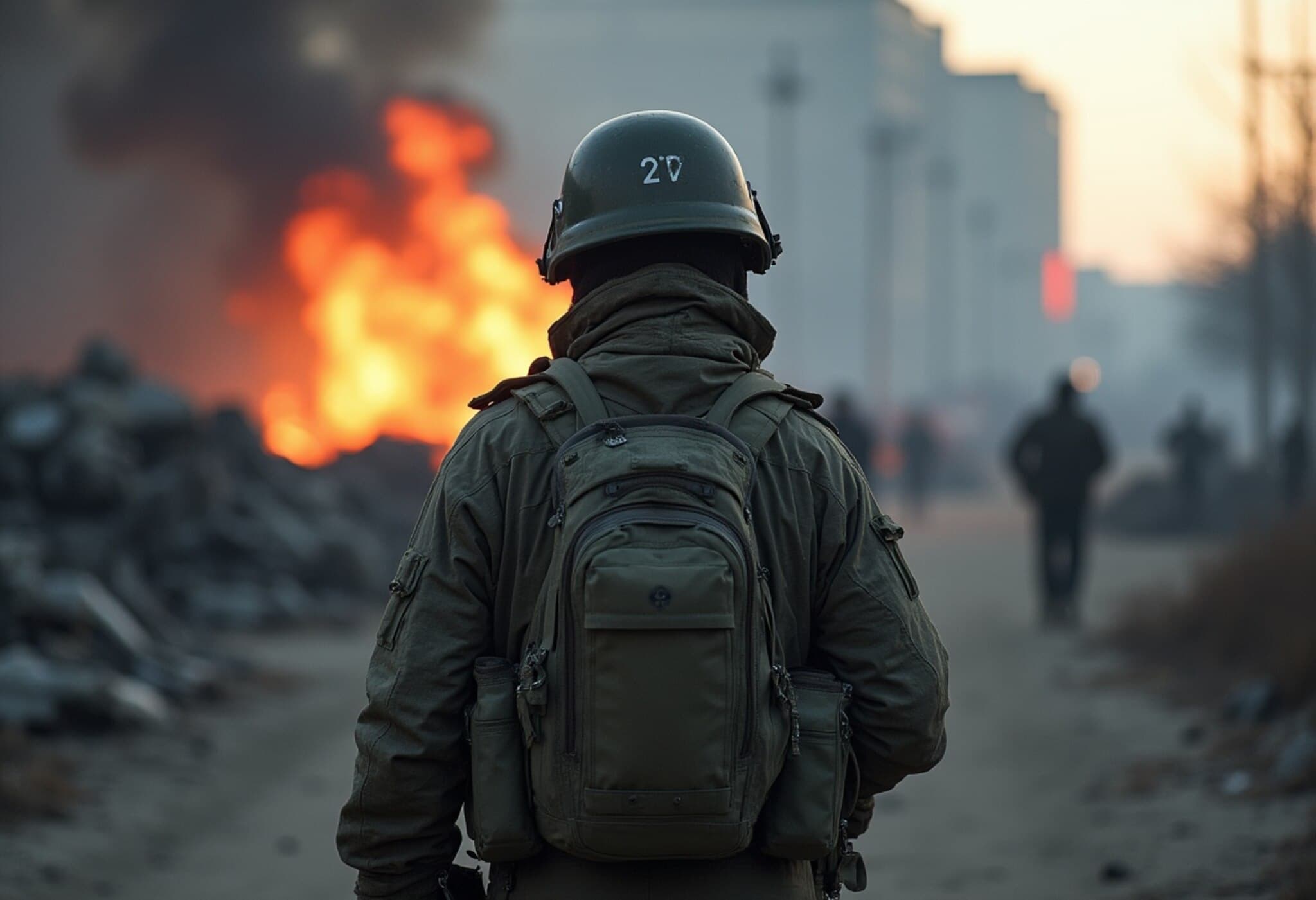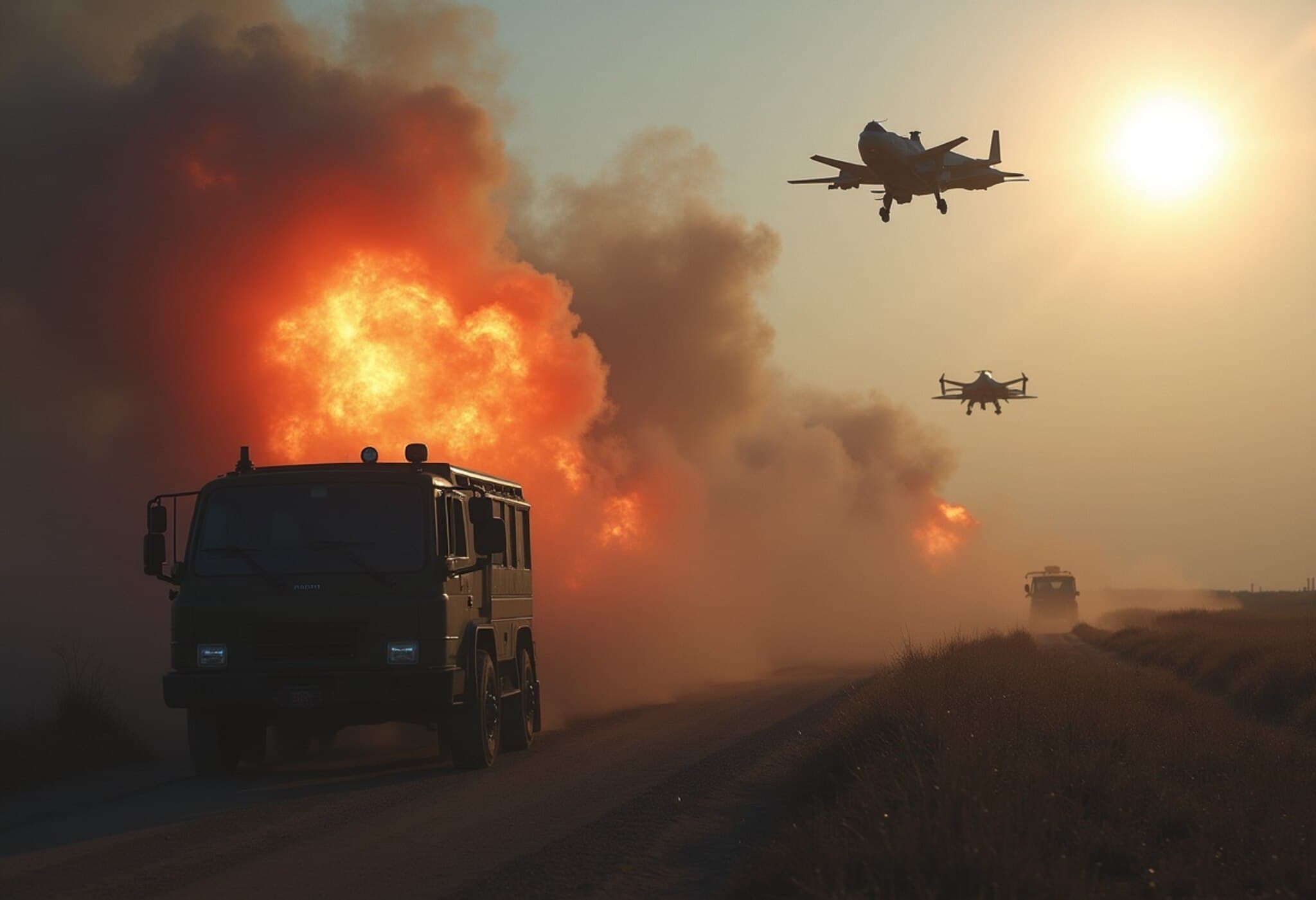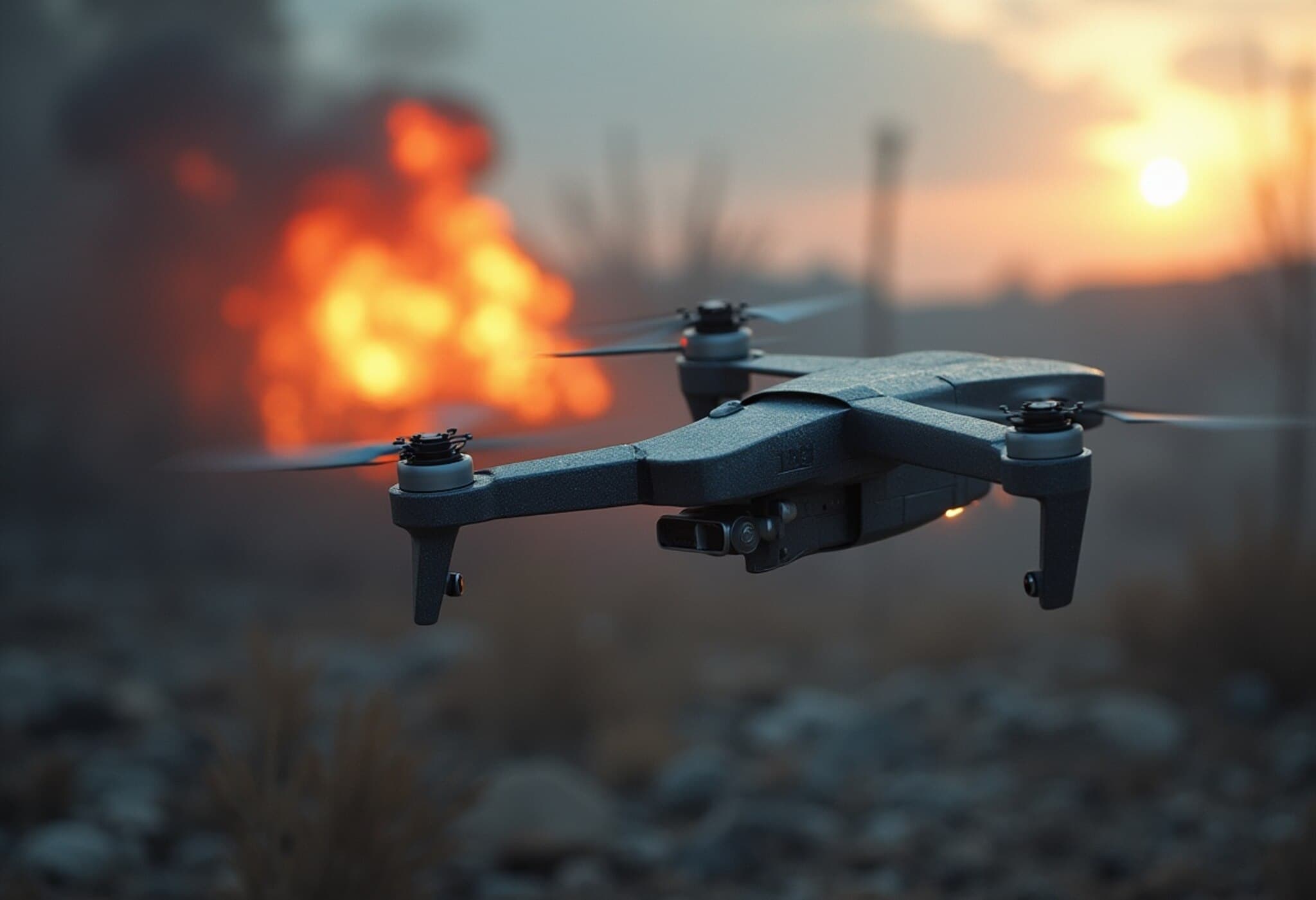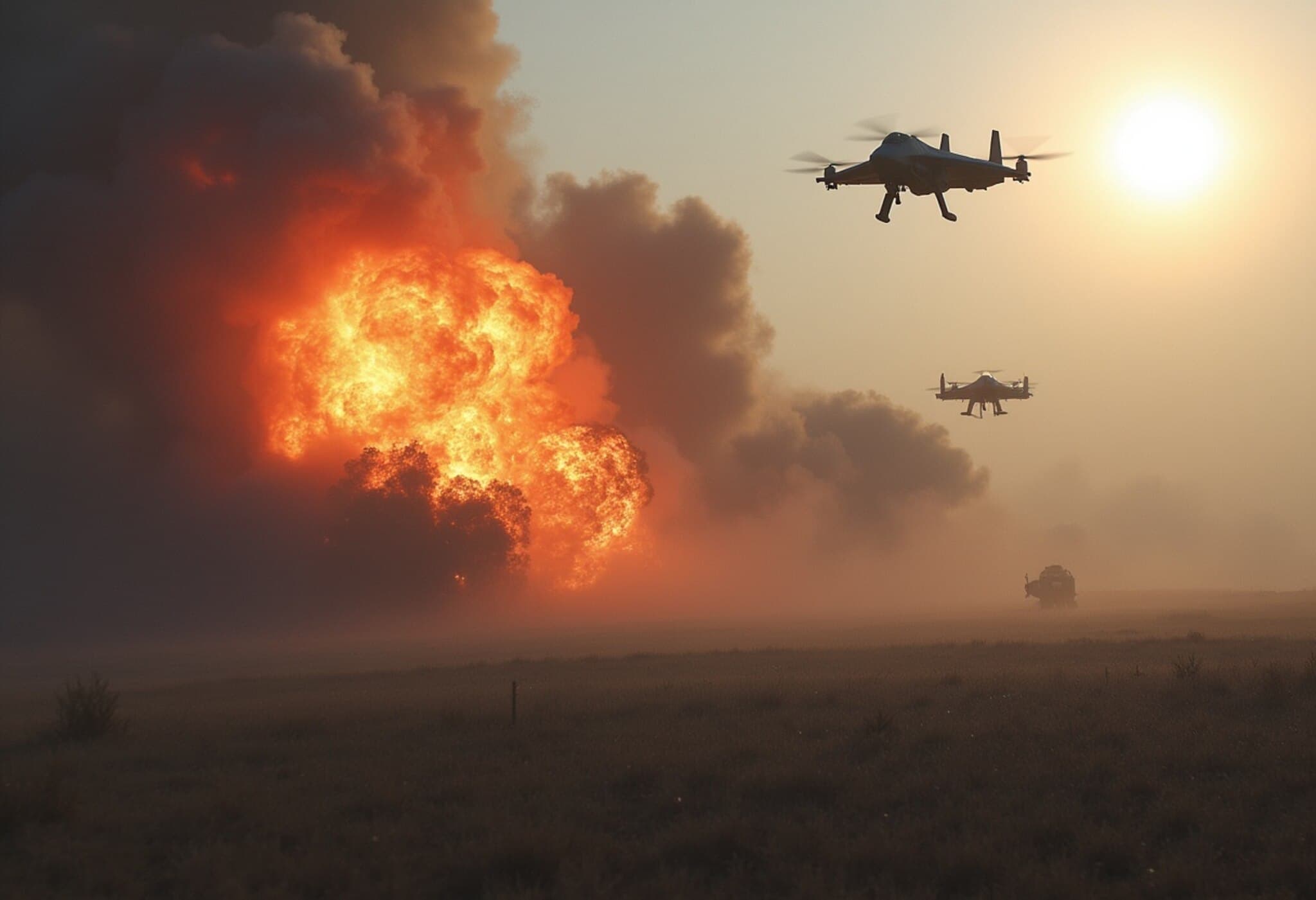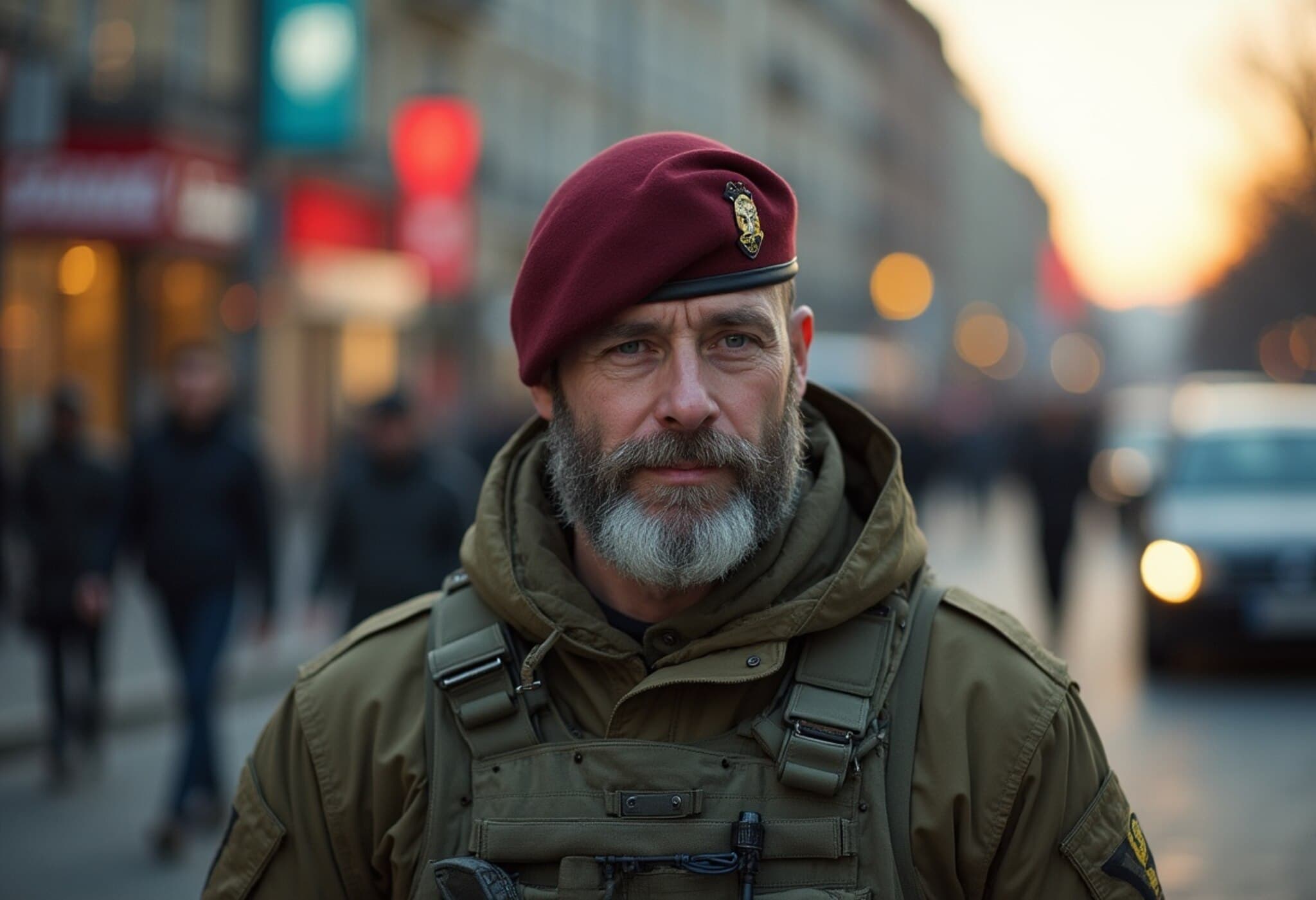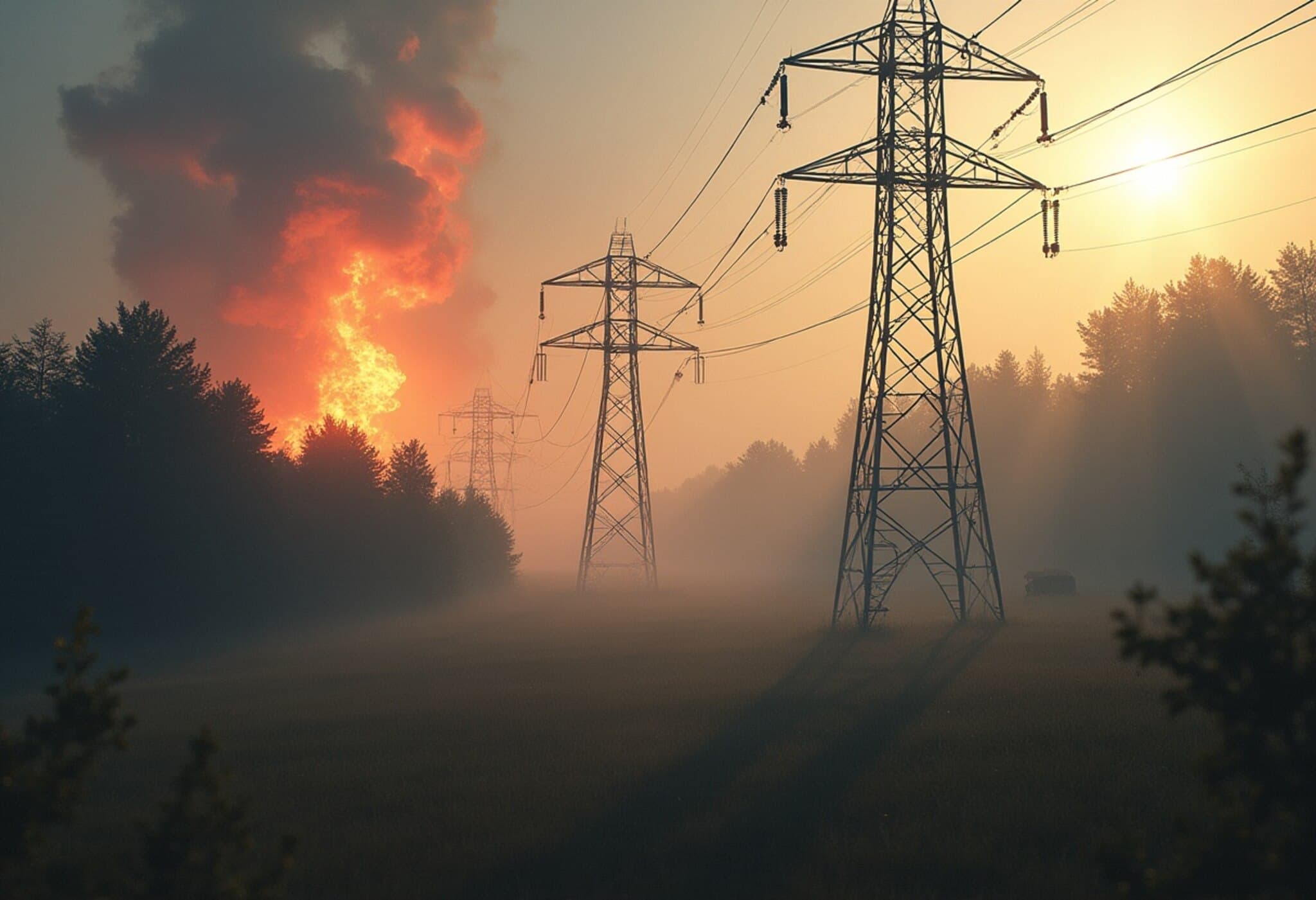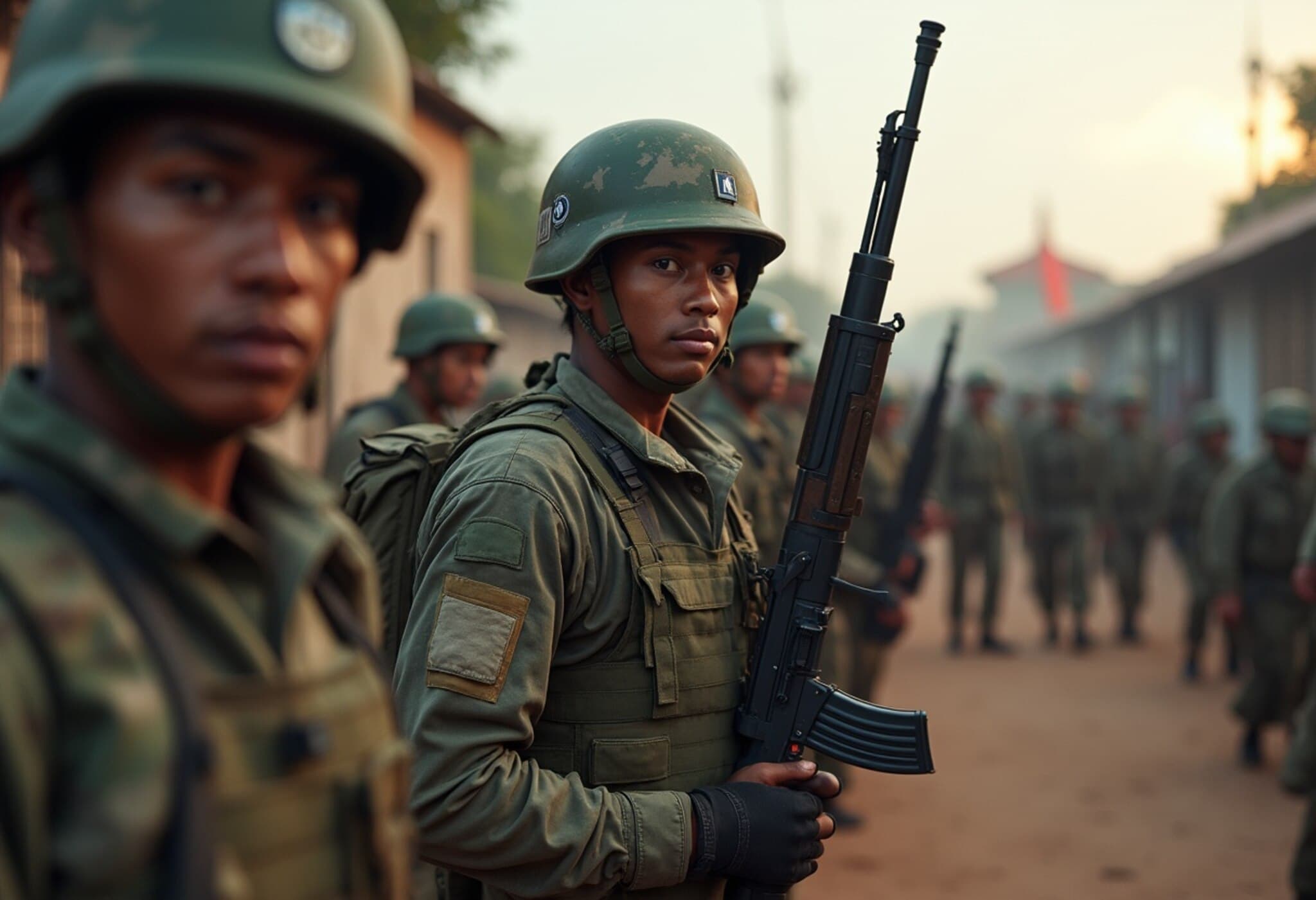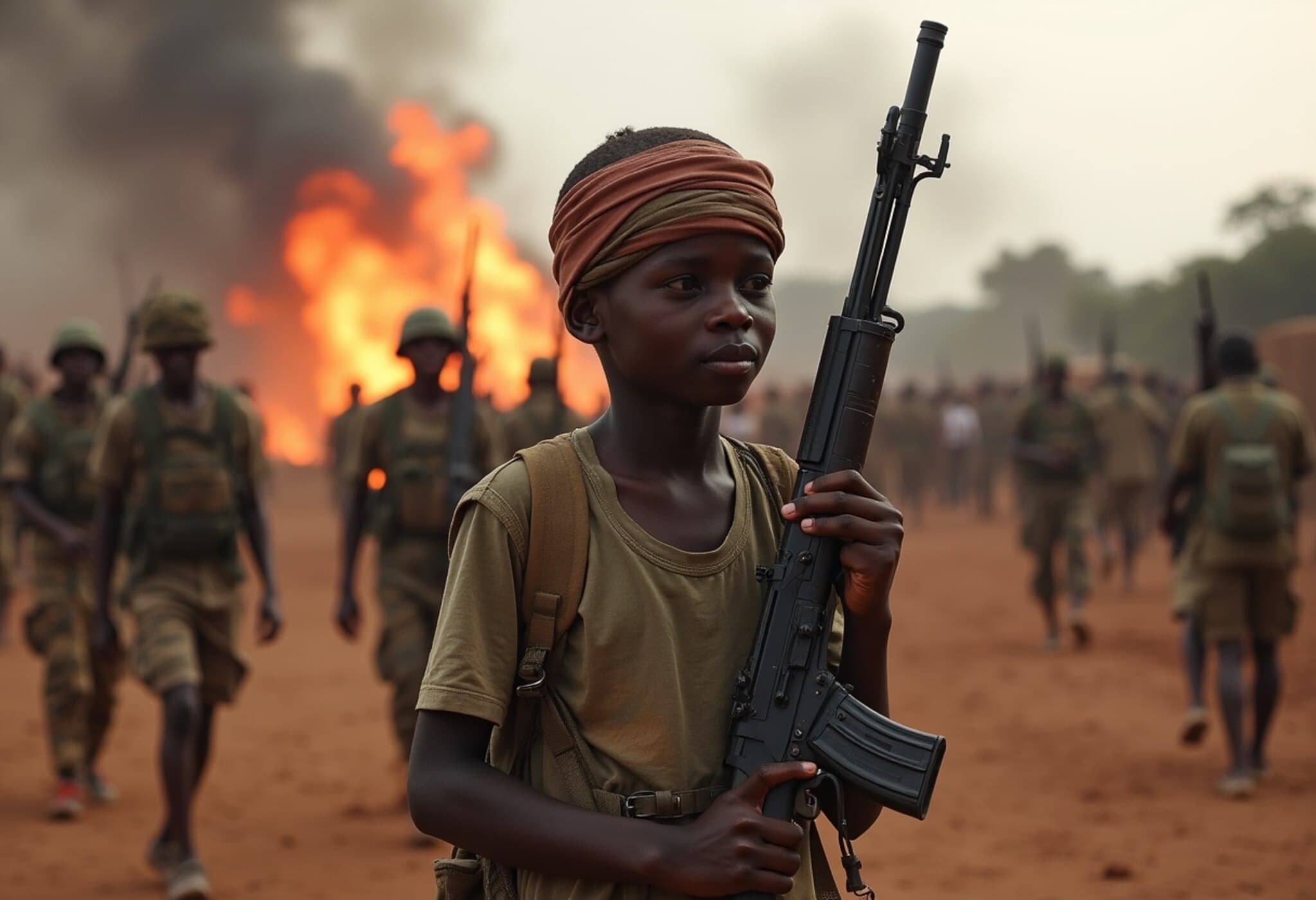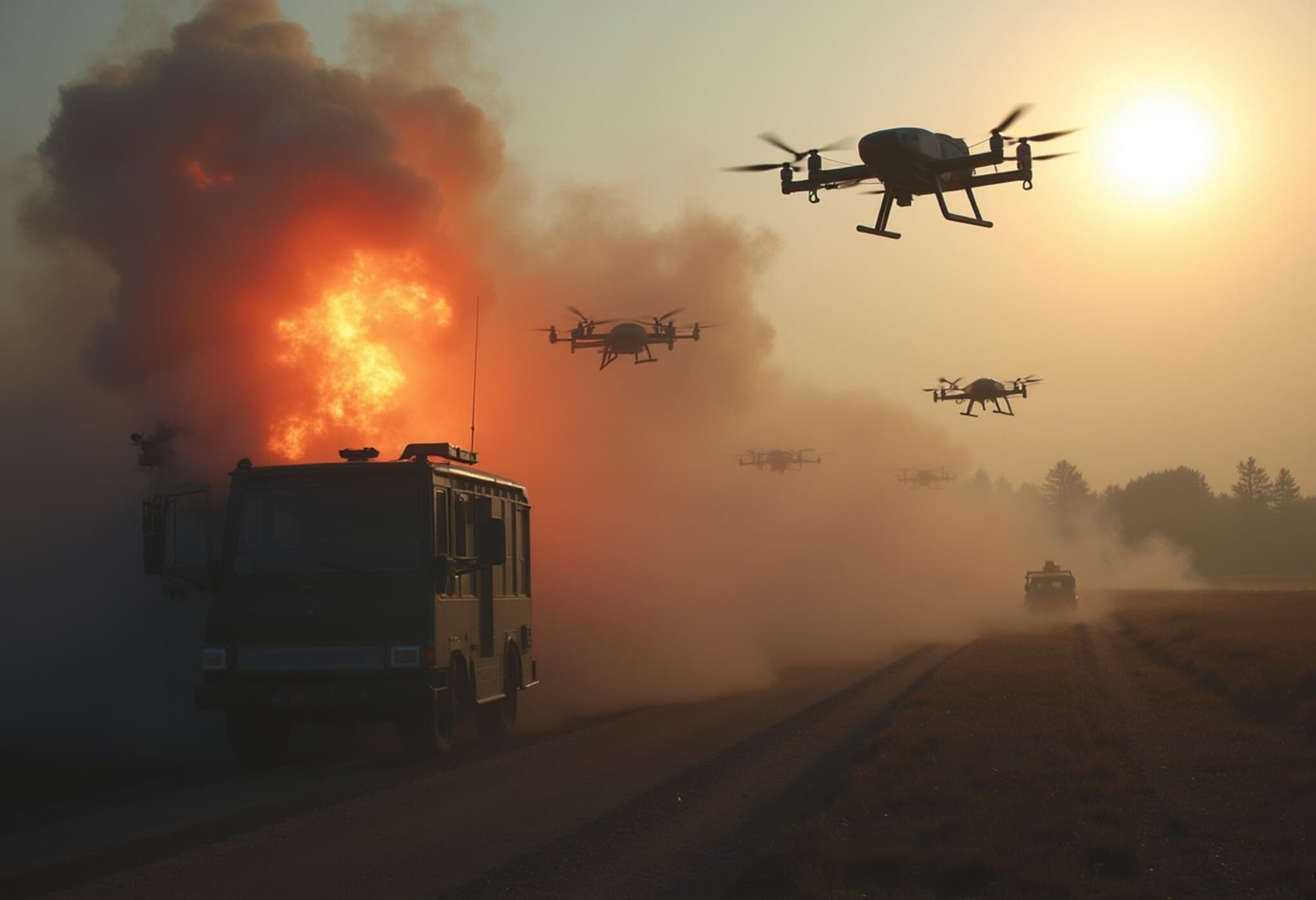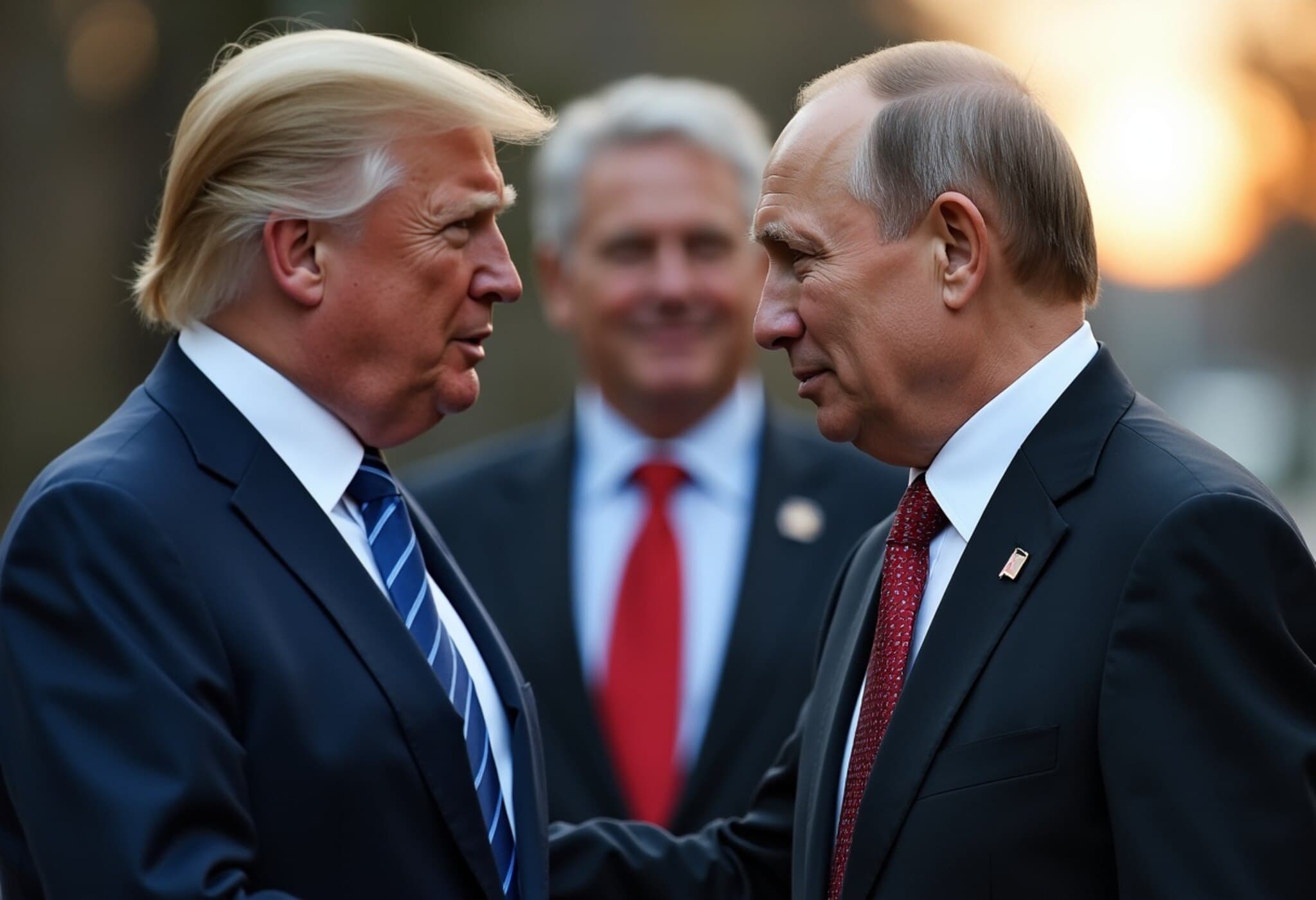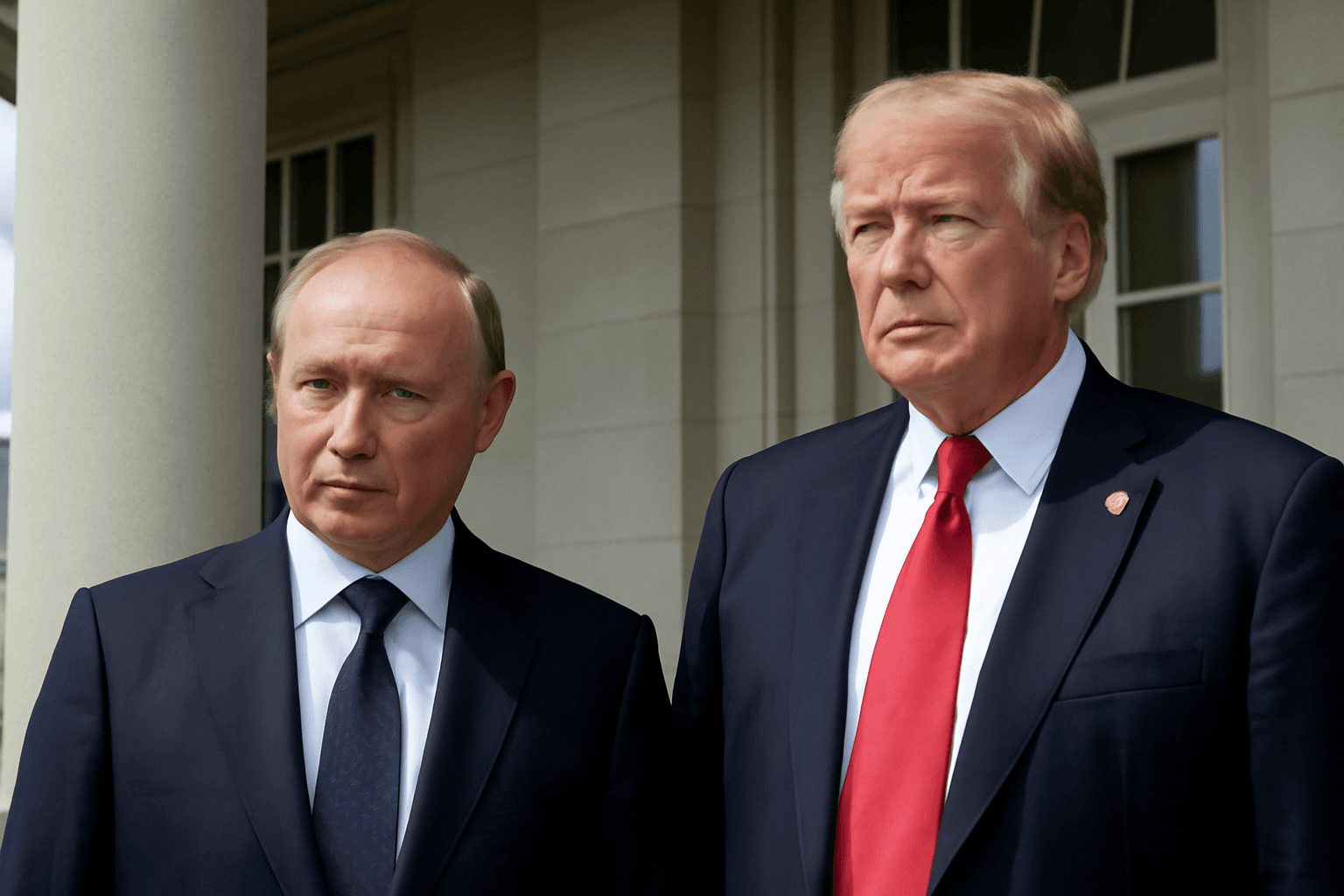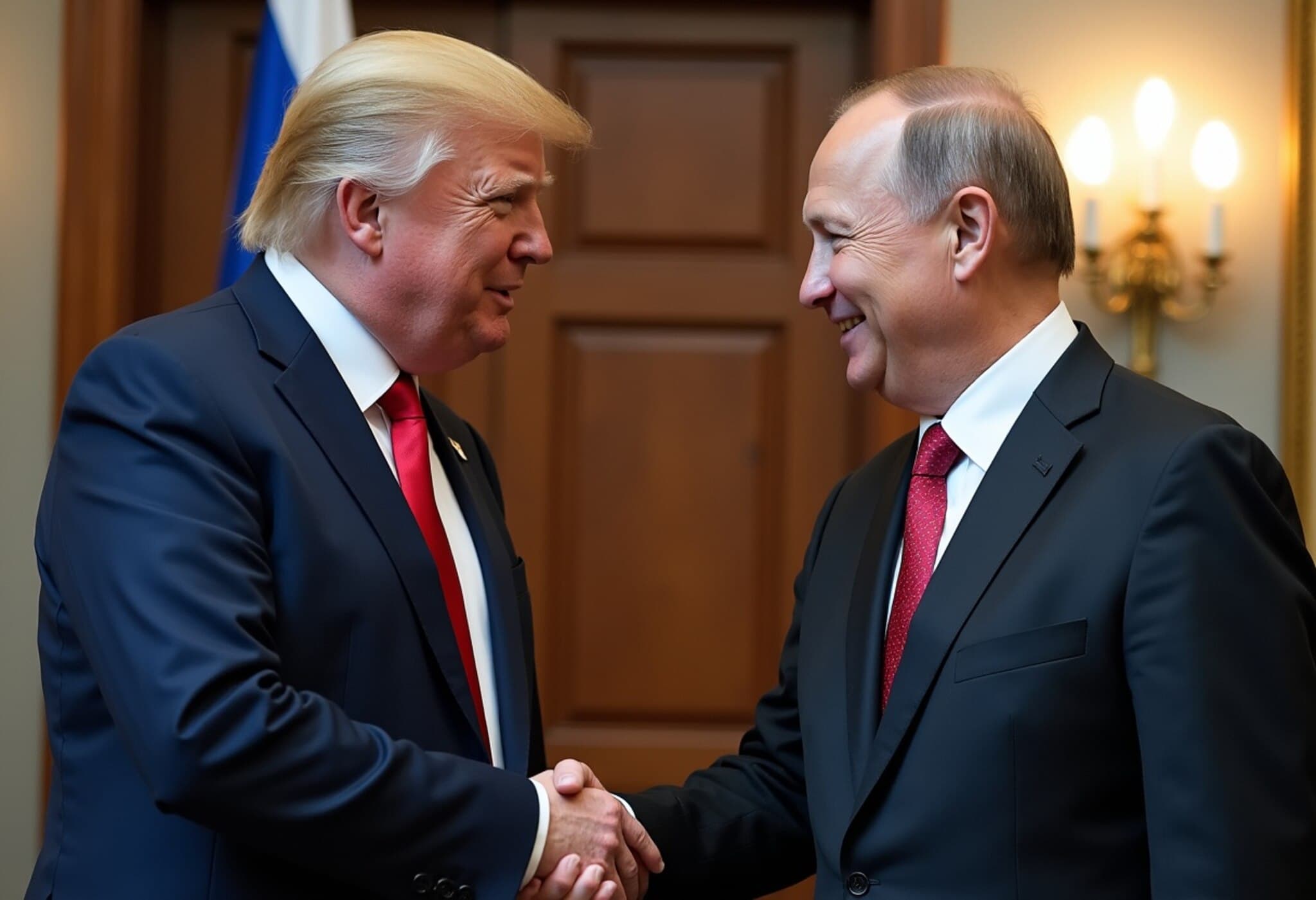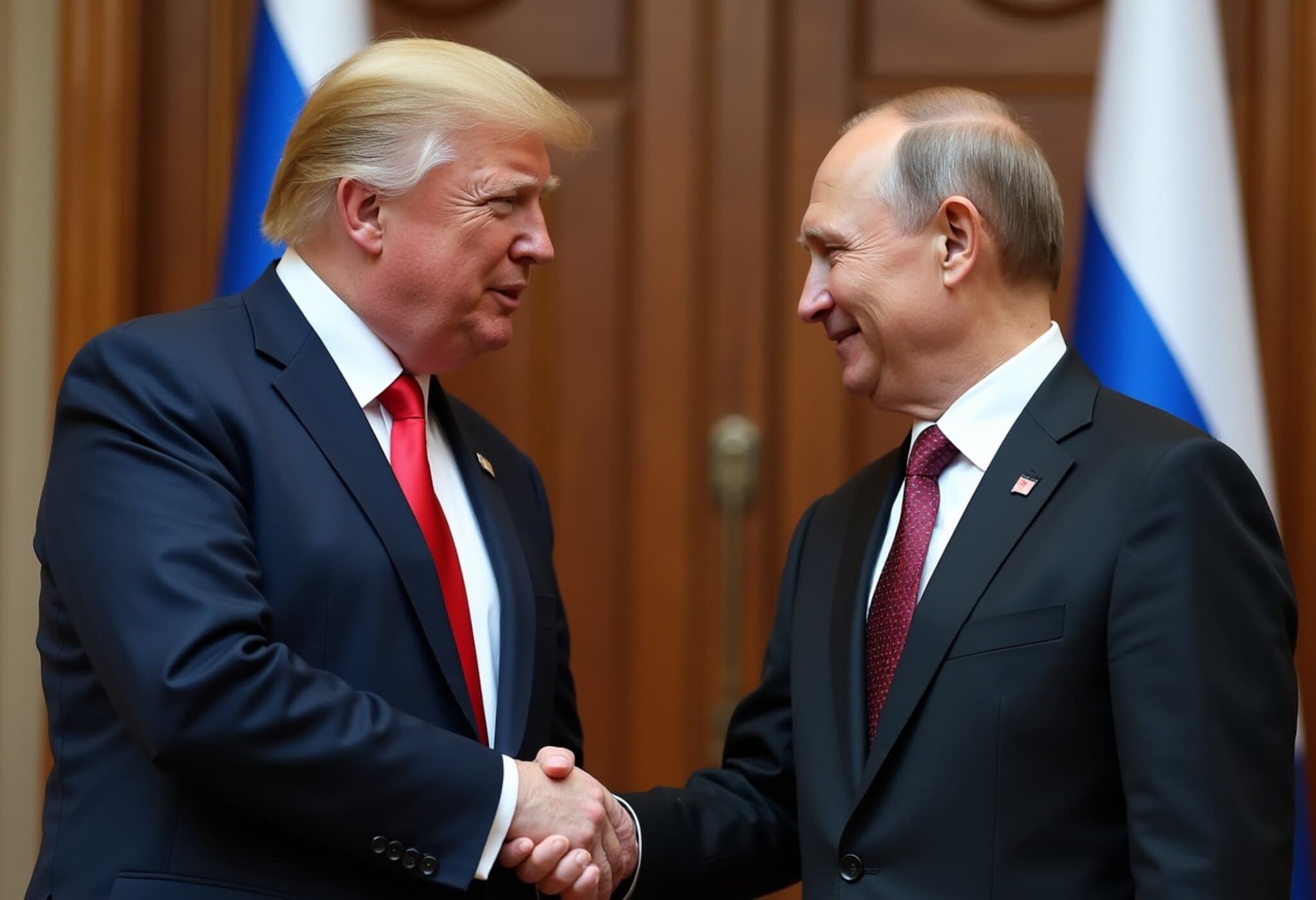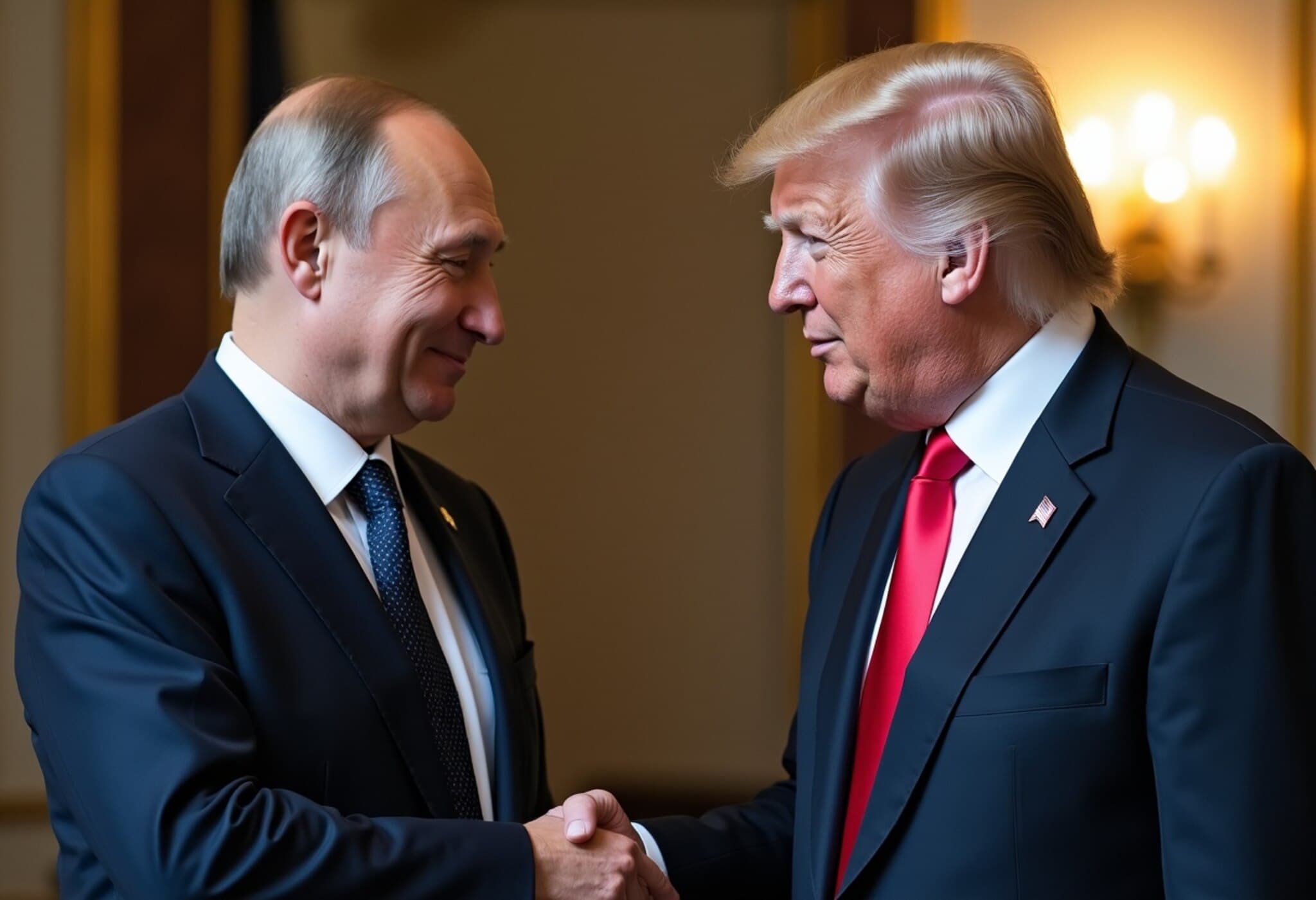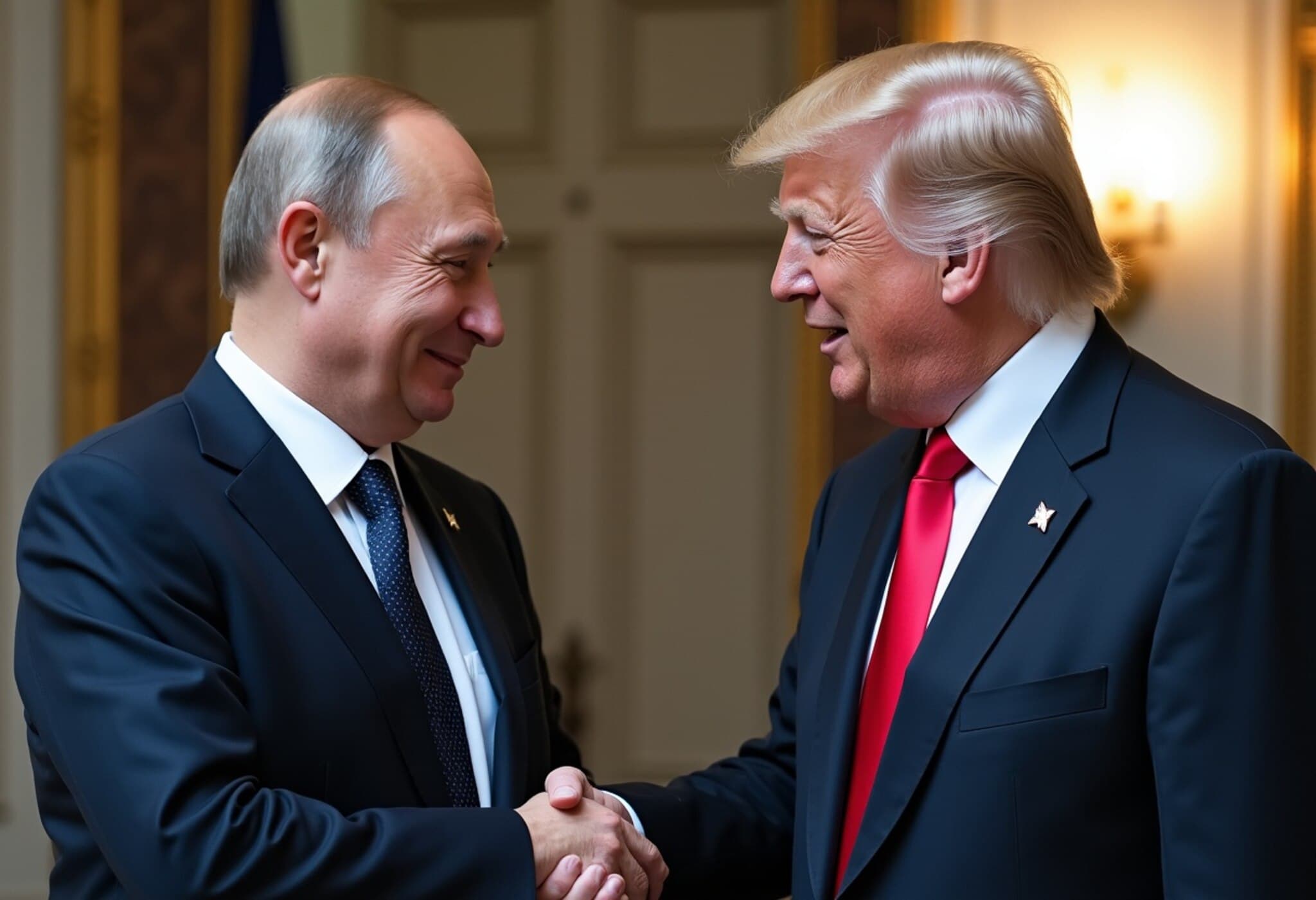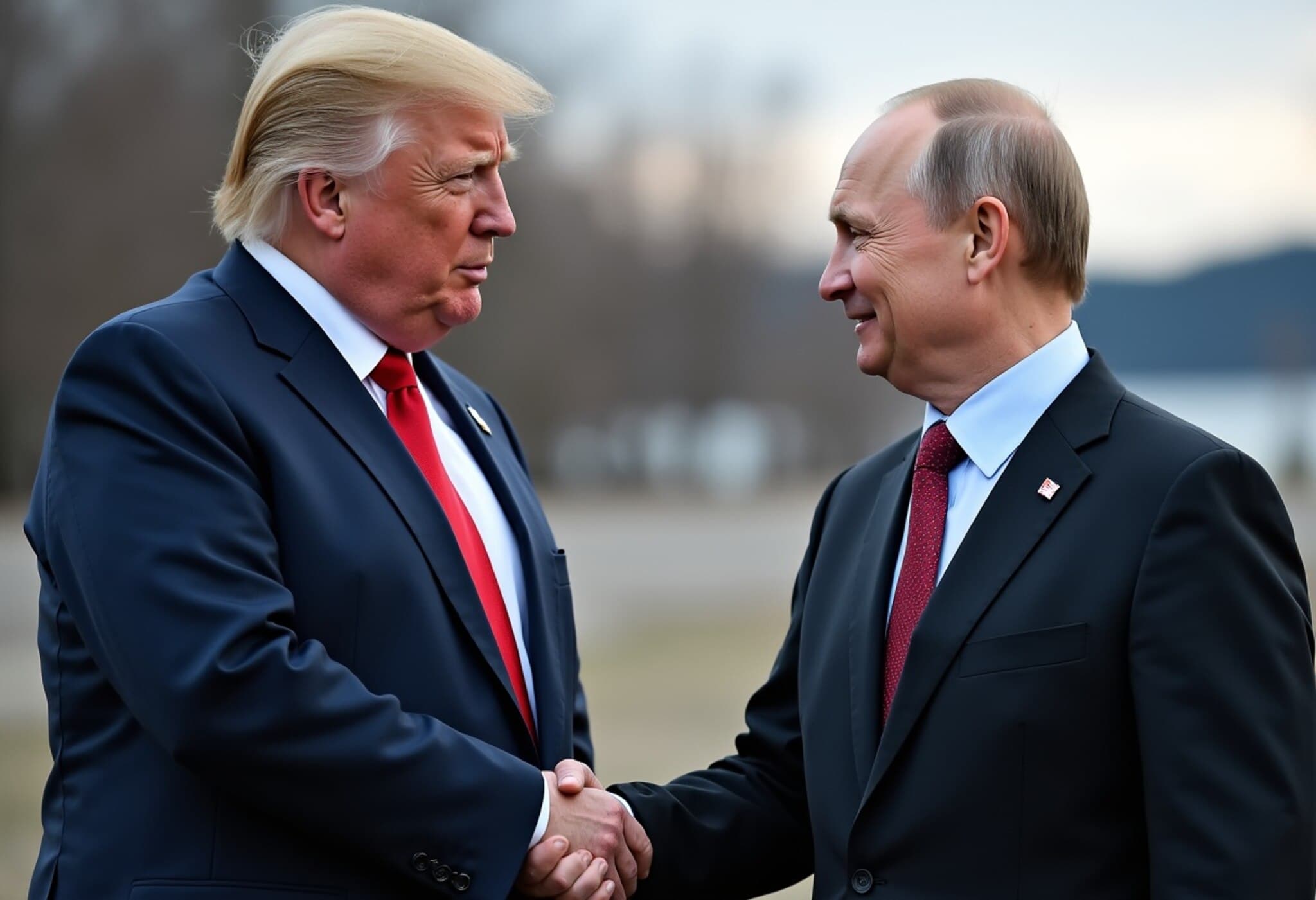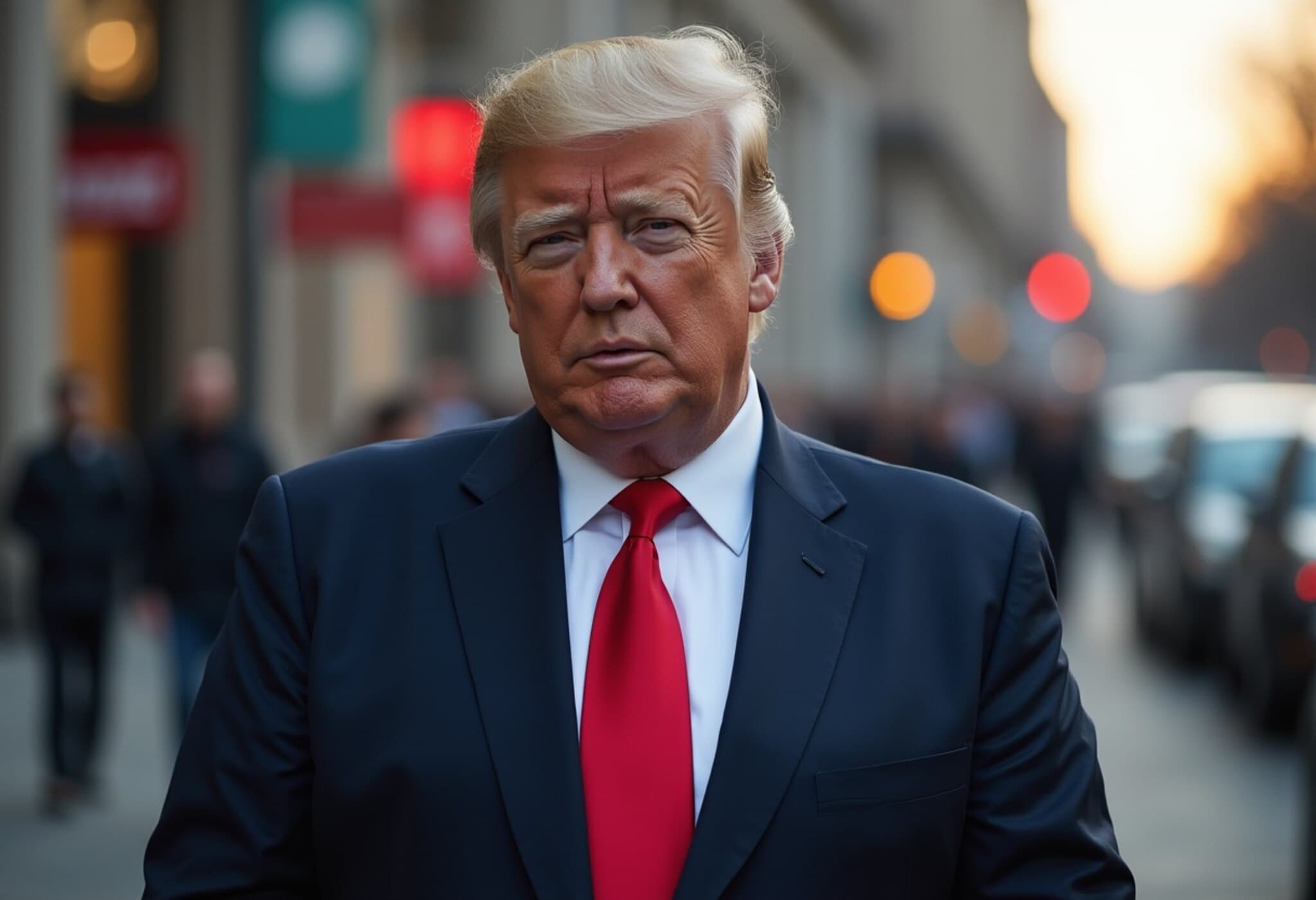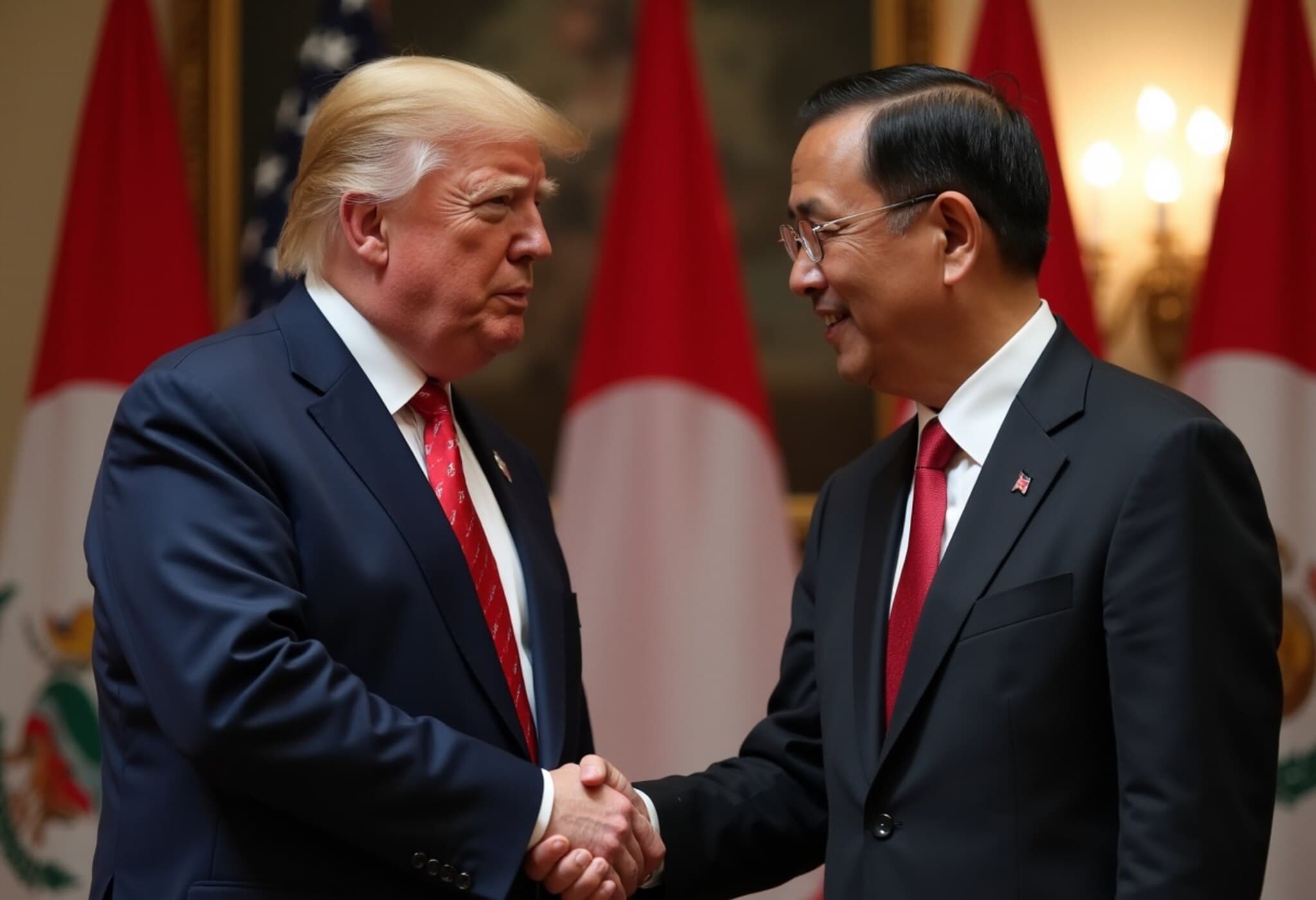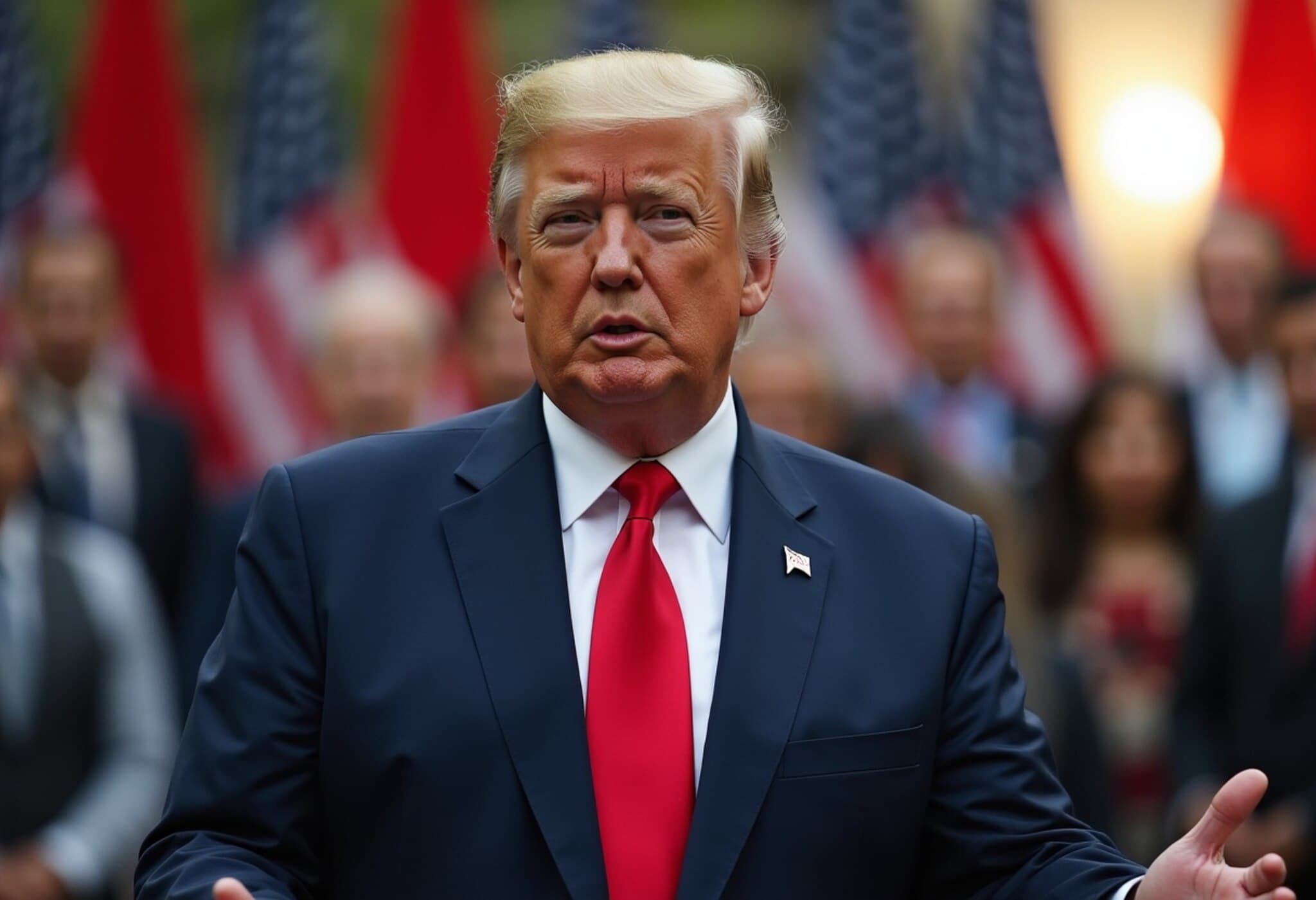UN Calls for Accountability as Civilian Toll Mounts in Ukraine Conflict
The United Nations has issued a compelling call for peace negotiations over the ongoing conflict in Ukraine to prioritize accountability for the multitude of human rights violations and war crimes that have marked this devastating war. This appeal coincides with a surge in civilian casualties, marking the deadliest period since May 2022.
UN’s Strong Stance on Justice in Peace Negotiations
Volker Türk, the UN High Commissioner for Human Rights, emphasized the indisputable need for any diplomatic efforts toward resolving the war to firmly embed the pursuit of justice at their core. This message arrived just one day after former US President Donald Trump warned Moscow of severe new economic sanctions should the war persist beyond a 50-day deadline. Trump also announced forthcoming plans for delivering arms to Ukraine via NATO, underscoring mounting international political pressure on Russia to halt hostilities.
Meanwhile, Liz Throssell, spokesperson for Türk, reiterated the urgency of an immediate ceasefire to end the "unbearable suffering" faced by millions. She highlighted that the peace process must not only aim at halting current violence but also ensure mechanisms for accountability regarding the gross breaches of international human rights norms and humanitarian law.
Rising Civilian Casualties: A Humanitarian Catastrophe
The situation on the ground remains dire. According to UN reports, June 2025 witnessed a staggering increase in civilian deaths and injuries due to relentless waves of missile and drone strikes launched by Russian forces across Ukraine. The numbers—232 civilians killed and over 1,300 wounded—reflect the war’s brutal toll on non-combatants.
July has offered little relief, with at least 139 civilian deaths and 791 injuries documented just within the first fortnight. The continuous use of explosive weapons in populated areas raises profound concerns about compliance with international humanitarian laws designed to protect innocent lives during armed conflict.
Since the invasion began in February 2022, the UN has verified at least 13,580 civilian deaths and 34,115 injuries, though experts acknowledge these figures only scratch the surface of the true human cost.
Healthcare Under Fire: A Violation of Humanitarian Norms
Adding to the crisis, the World Health Organization (WHO) reports a drastic uptick in attacks targeting healthcare facilities. Jarno Habicht, WHO’s Ukraine representative, noted an alarming near doubling of civilian casualties in the second quarter of 2025 compared to prior months.
The WHO has documented 2,504 attacks against healthcare delivery points since the war’s onset, resulting in 212 deaths and 768 injuries among healthcare workers and patients. Such assaults flagrantly violate humanitarian law by stripping vulnerable populations of essential medical care and safety.
Habicht also raised concerns about worrying social trends emerging amidst the protracted conflict, including increased alcohol abuse among adults and rising use of novel tobacco products among youth—indicators of wider public health fallout beyond physical violence itself.
Contextual Analysis: The Implications for International Policy and Law
The UN’s insistence on embedding accountability within peace talks reflects a broader understanding that true and lasting peace in Ukraine cannot be detached from justice. Past conflicts have demonstrated that sidelining war crimes and human rights abuses often perpetuates instability and sows deep-seated resentment.
For policymakers, this means balancing urgent ceasefire demands with preparations for comprehensive investigations and potential prosecutions. The international community, particularly Western governments and multilateral bodies, face the challenge of supporting Ukraine’s sovereignty and civilian protection while navigating complex geopolitical risks related to engagement with Russia.
Moreover, the US’s dual approach—threatening new sanctions and bolstering Ukraine militarily—signals a hardening stance that could shape the conflict’s trajectory and peace negotiation dynamics. How Russia responds to these pressures may influence not only the timing but also the substance of any forthcoming agreements.
Looking Ahead: Essential Questions and the Path to Peace
- How can peace negotiations ensure robust mechanisms for accountability that satisfy both legal standards and political realities?
- What role should international courts and human rights bodies play in investigating abuses amid ongoing hostilities?
- How can humanitarian corridors be effectively secured to protect displaced civilians and enable medical assistance?
- What strategies can address the ripple effects of war on public health, including issues like mental health and substance abuse?
Addressing these questions head-on is vital to breaking the cycle of violence and human suffering in Ukraine.
Editor’s Note
As the Ukraine conflict grimly intensifies, the United Nations’ clarion call for accountability underscores an indispensable truth: peace without justice risks being fragile and short-lived. The mounting civilian death toll serves as a somber reminder of war’s brutal realities, demanding that global leaders prioritize human rights and legal responsibility in all diplomatic efforts. For readers, reflecting on these dimensions is crucial—not only as observers but as stakeholders in a world where international law and humanity must prevail.

